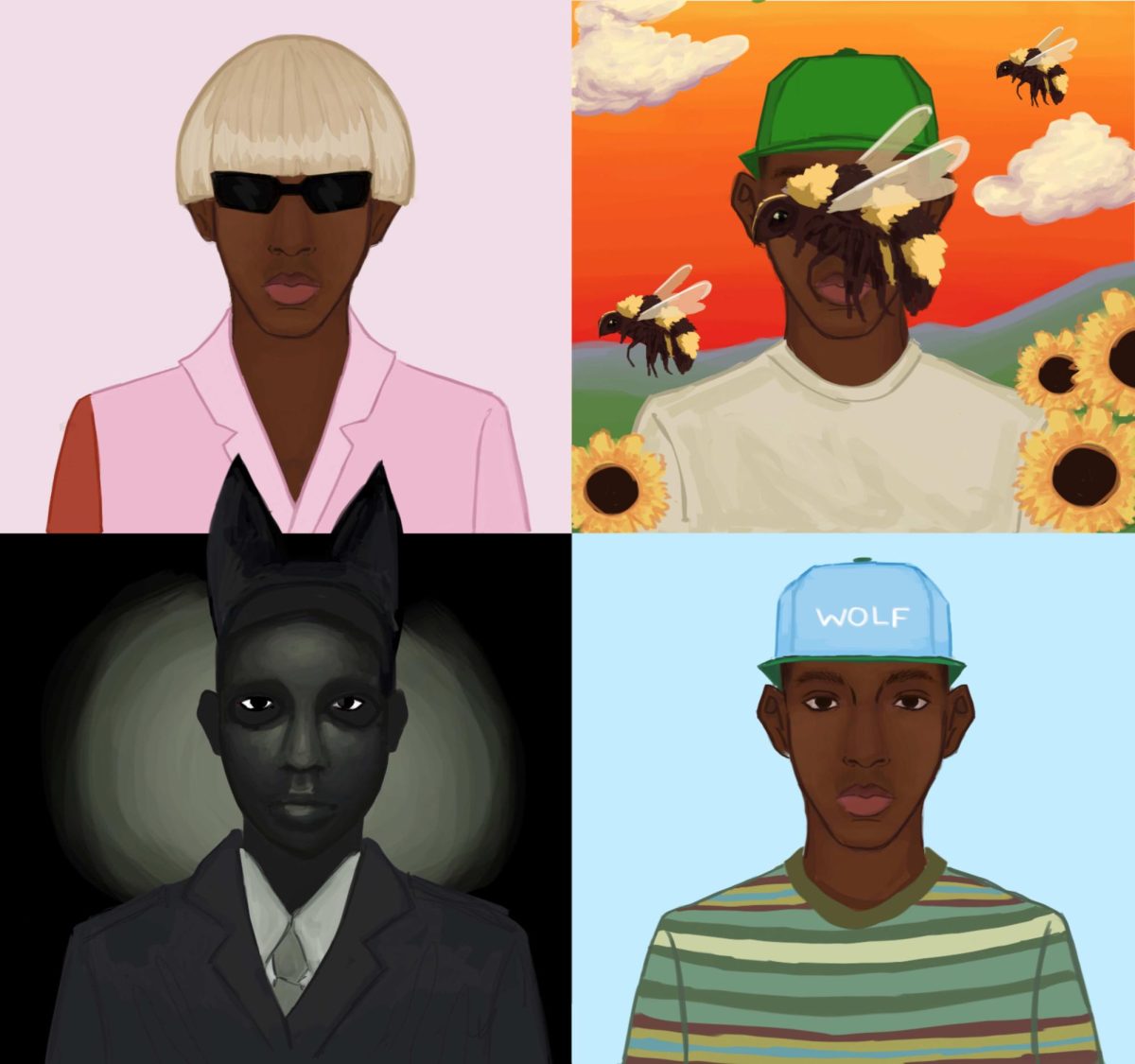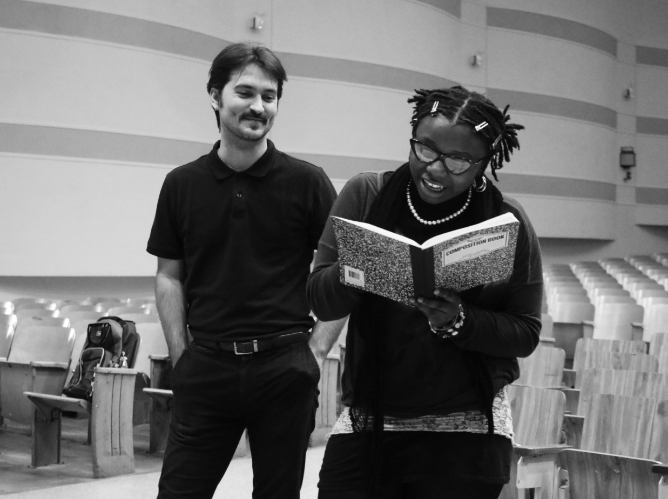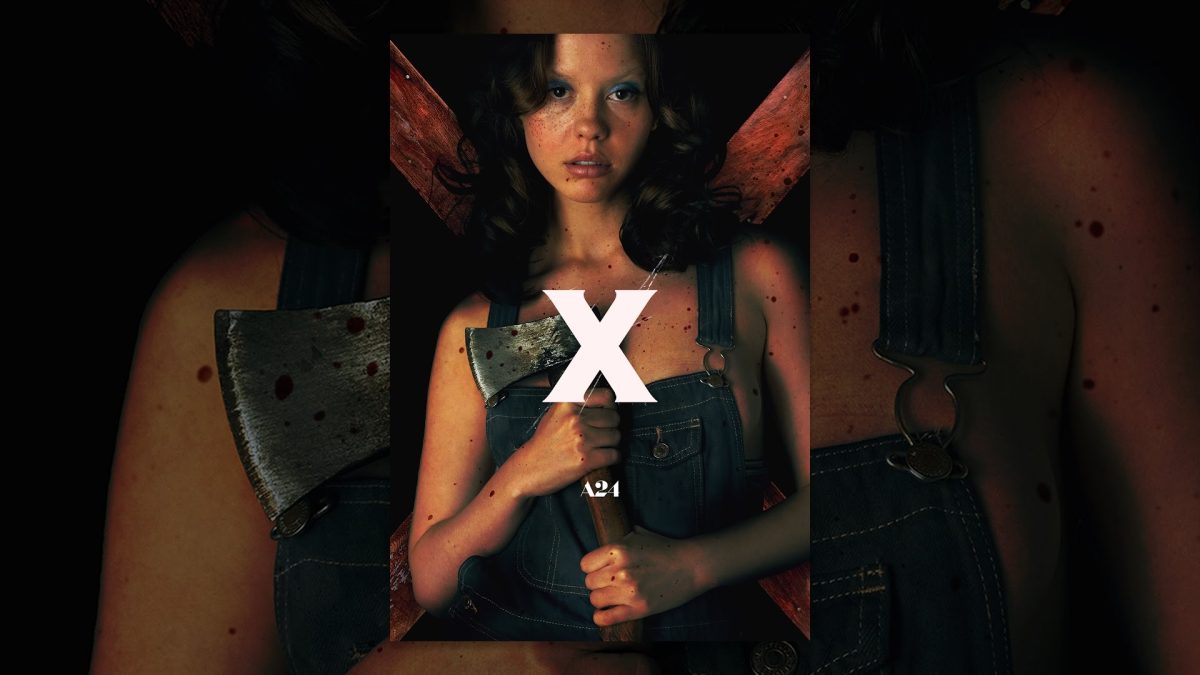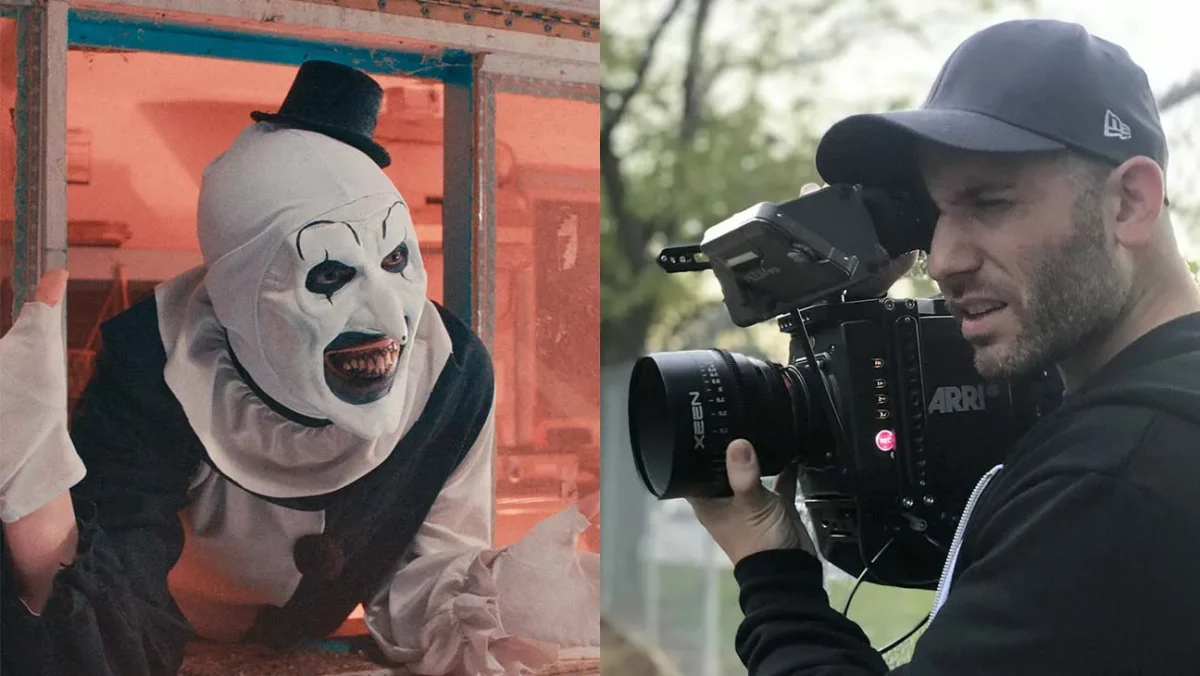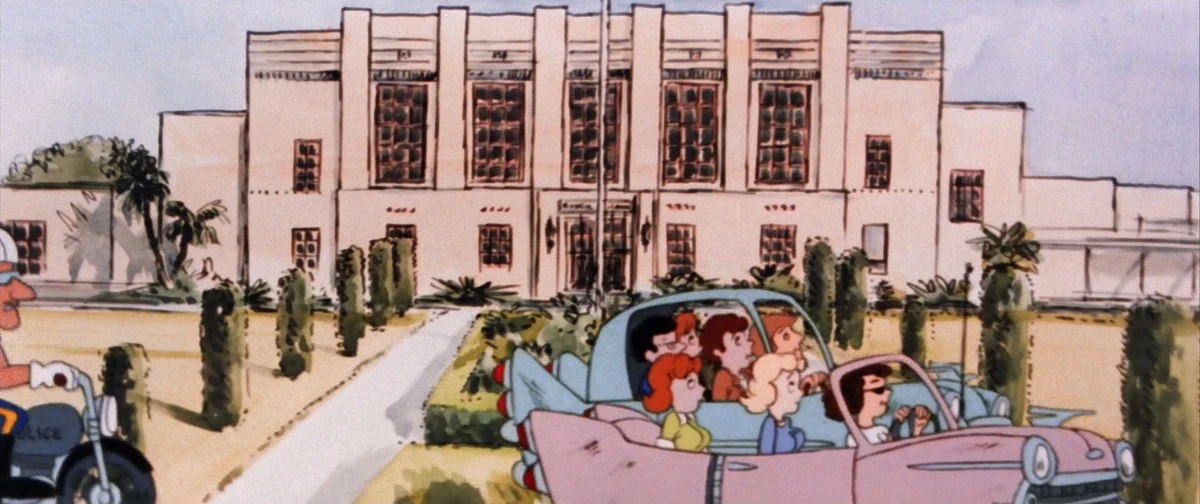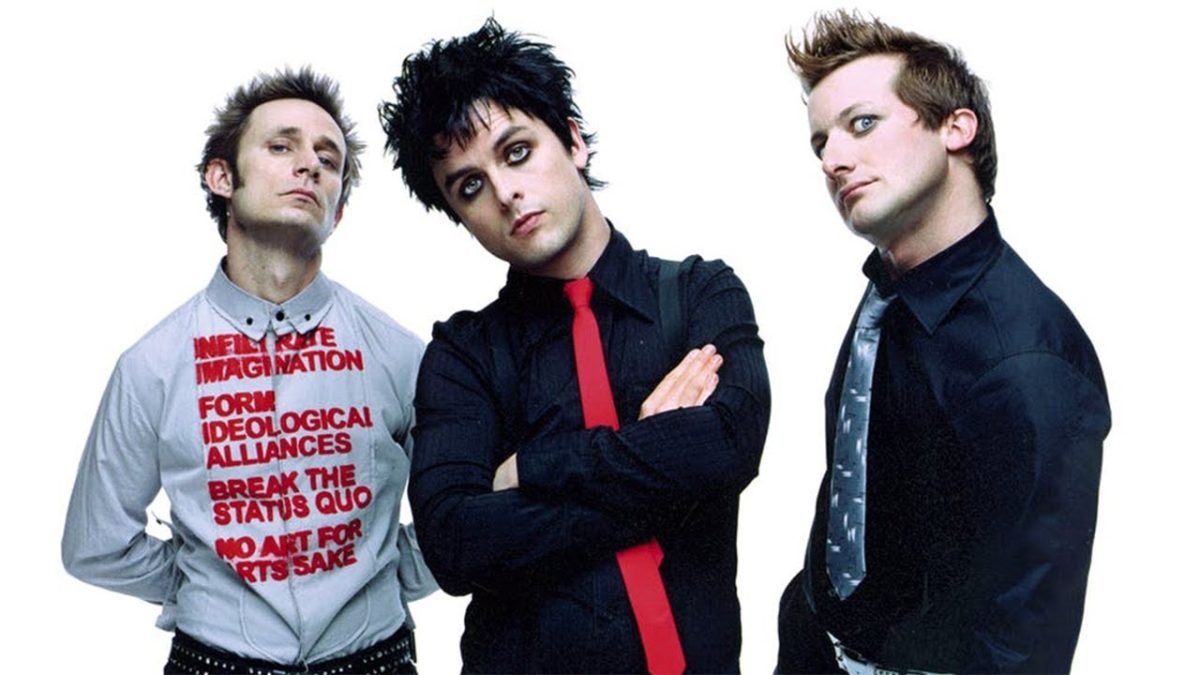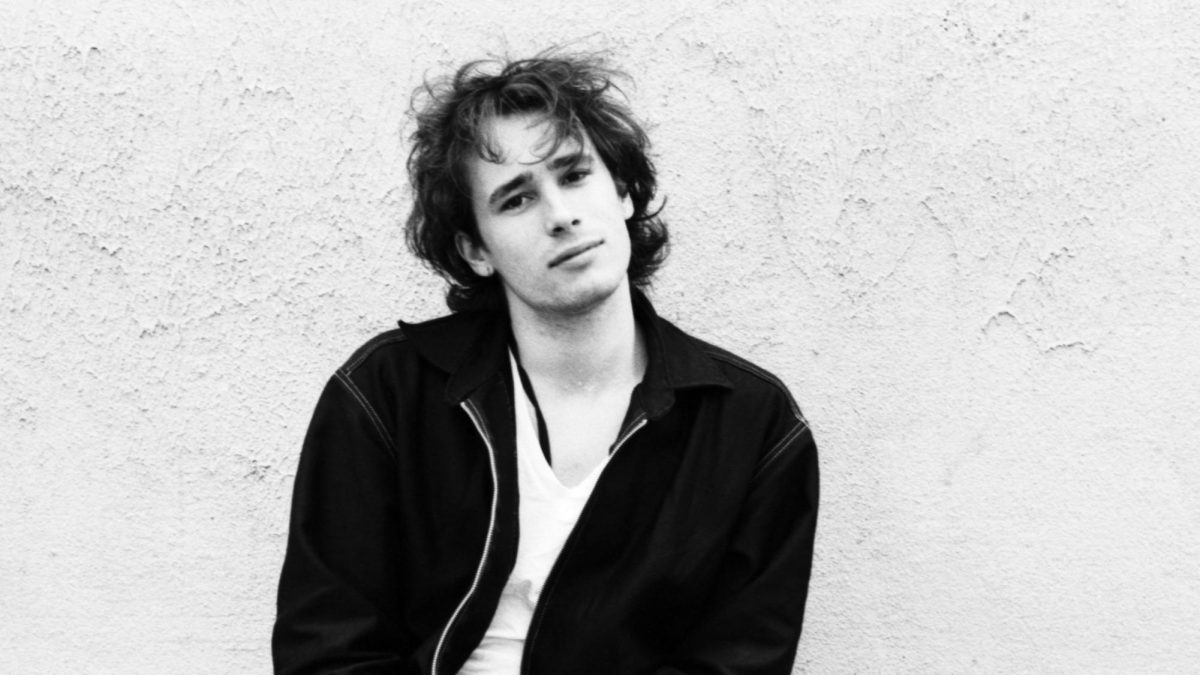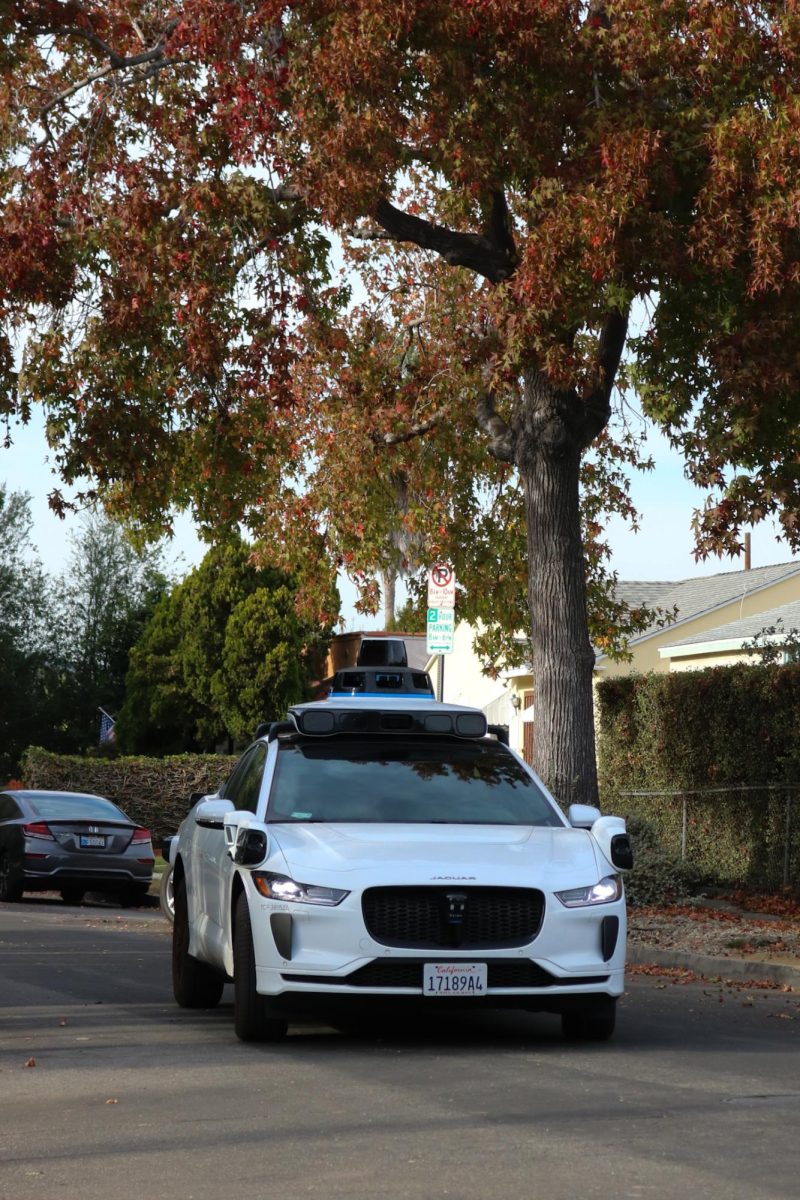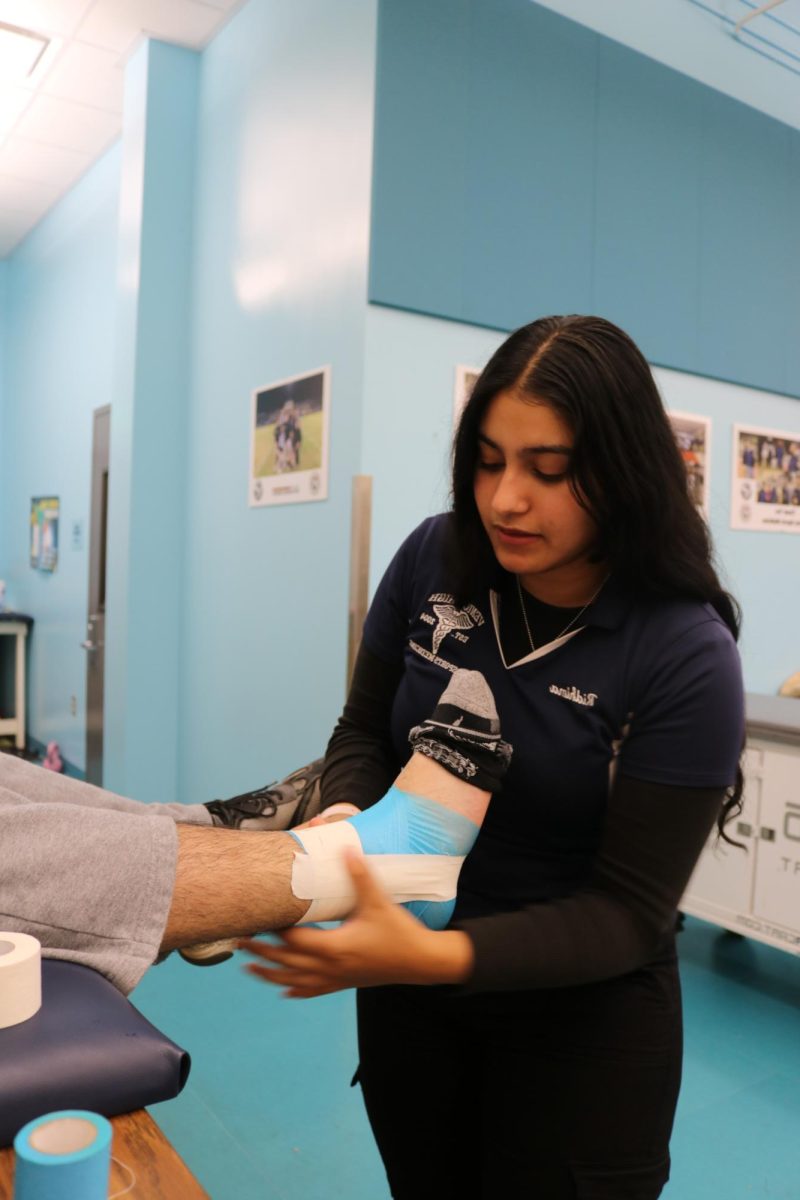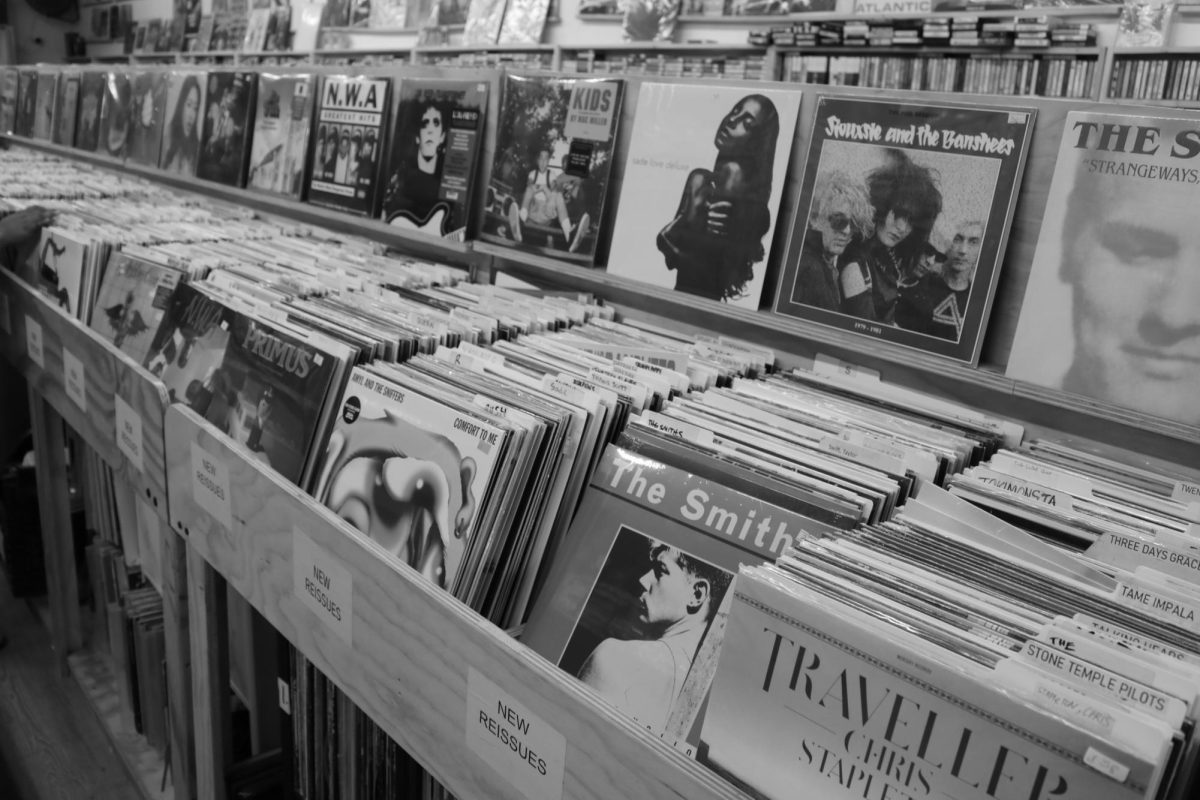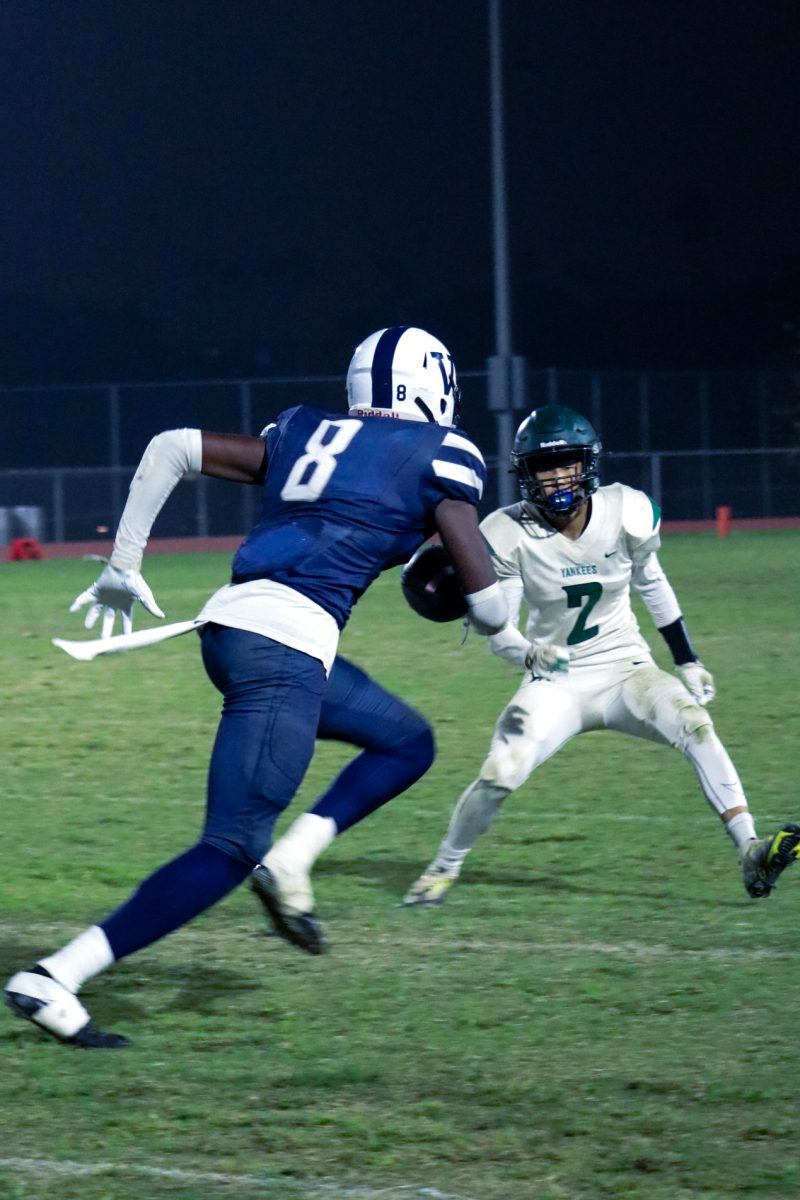I will always remember the first time I listened to Tyler, the Creator in 2019. I discovered Tyler in middle school, which for me, was a time of neverending doubt and uncertainty.
A rapper rooted in Los Angeles, Tyler, the Creator’s music made me feel connected to both the older and modern generations of black music.
When I encountered Tyler’s work, my religious school wasn’t necessarily a place where self expression was encouraged. My classmates, and even some staff members, didn’t tolerate anything that was deemed “different.” As one of the only black students in my school, I was a target for bullying and teasing. After long days of rude remarks, I’d go home and explore Spotify.
One day, a vibrant floral orange image of an album called Flower Boy suddenly appeared in my home menu. Through my wired earbuds, the first track began to play. To an 11-year-old, he seemed like he was unafraid of everything, he was untouchable. He didn’t conform and he owned his oddity. I adored his lyrics about rejecting societal pressures and related to his songs of seeking eternal freedom and peace.
His music quickly transformed into a dreamy outlet for me to escape to during what felt like endless times of trouble. Tyler was preaching about defying conformity and combatting society’s archaic rules—I finally felt understood.
Rap music made me feel closer to my culture and enhanced my love for lyricism and writing. Tyler’s music further influenced me to pick up a pen and piece of paper to begin writing poems and short stories inspired by my personal experiences.
I became so attached to his music because it was unlike anything I had ever heard. My parents raised me with ’70s soul musicians, like Stevie Wonder and Marvin Gaye and ’90s rappers, like the Fugees and Snoop Dogg, but here was someone who merged the two, in a complex and wonderful way.
He dynamically blends our cultural influences, drawing inspiration from classic soul singers and the origins of rap music. The reason his music appeals to a large audience is because he touches on topics that often go unaddressed. He resonates with the odd and he resonates with the new.
His newest album, Chromakopia, is filled with edge, whimsy, and an overpowering element of resilience. It’s a heartfelt love letter to his younger self and the black community. From honoring the ancestral importance of hairstyling within the black community to acknowledging his Los Angeles roots, in Chromakopia, he portrays black youth in a careful and soft way.
Chromakopia is a nuanced and poignant album discussing childhood trauma, paranoia, and self love. Through a new character, St. Chroma, Tyler blends eeriness with serenity and anger with acceptance.
Through the songs, “St. Chroma” and “Noid,” Tyler compellingly introduces a new version of himself as St. Chroma, a person who abides by the rules and creates his own realms of possibility and hope.
In “St. Chroma,” he repetitively states that he’ll “make it out” and that he has “never had a doubt inside” him. With these confident and self assured lyrics, St. Chroma’s character symbolizes hope and taking pride in your absurdity and ambitions. On numerous cinematic instrumentals throughout the album, Tyler’s angsty voice perfectly articulates feelings of anxiety, faith, and pain.
Some songs, like “Darling I,” are reminiscent of his songs on Flower Boy, with a more playful and energetic sound. Throughout, Tyler shows incredible versatility and carefully implements affection, anger, and history into his music.
“Like Him” is a pensive and reflective song, and one of my favorite tracks because it represents Tyler’s youth. He expresses feelings of abandonment and conveys how he feels emotionally stunted because of his estranged relationship with his father. At the end of the song, his mother admits that she is also to blame for Tyler’s distant contact with his father.
This complex track, with incredibly strong vocals by both Tyler and Lola Young, is emotionally hard hitting. Young’s backup vocals are the embodiment of a child seeking and craving attention as the vocals progressively grow louder than Tyler’s. Tyler musically represents what abandonment feels like and how difficult it can be to navigate through the world without full support.
In comparison to his previous project, Call Me If You Get Lost, this album is less floral and lush and feels more raw and rooted in his older music. It is the perfect blend of assertiveness and liveliness, and feels fresh and exciting. The album is playful, but also extremely sentimental. It exudes warmth, love, and Tyler’s efforts and care beautifully melt into the music.
Artistically, Tyler has grown immensely over the years and he is one of the most consistent artists in terms of quality. From creating bed sheets to working on an upcoming A24 movie, his visions and stories are continuously impressive and inspiring. He never lets me down with his projects because every one of his creations are distinct and loved.
His music is bathed in complexity and it graciously exudes pure genius. His songs are testaments to every “odd” black kid that has ever felt isolated and fearful of the world. He has redefined and molded what the black experience has to be.
Now, an Igor poster lingers on the wall of my room, constantly reminding me of his impactful role in my youth. Tyler’s music will remain relevant forever. His art is a beacon for any kid who has ever felt out of place, isolated, and disregarded.
I will forever adore Tyler for his stunning artistry, renowned sense of self, and fearsome confidence. His trust in himself bleeds into his music, whether that be through his intense lyricism or cartoonish beats. It’s potent, vivid, and colorful and he always tells a complex story.
His art transcends the boundaries of modern music and rap culture and his contributions will forever affect the music industry.

